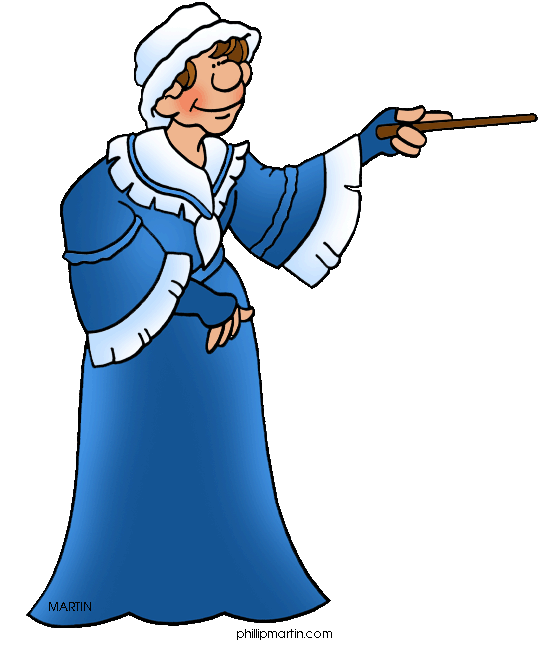
A continuation of the course syllabus.
Discover the Universe of Social Studies
MTWRF, 9:30 - 10:45, Buzzard Hall 2130
J. Barford, instructor
Recommended Social Studies links |
|
Overview of ELE3340 and online resources, our
text,
syllabus, calendar, projects,
Finding
social studies everywhere; uncovering democratic values.
Identifying the goals of SS. NCSS standards, National SS
standards, Illinois SS standards, SPA standards.
The novel-based project. Connecting the present to the past with common critical issues.
Tasks: Introductions. Reading
your book.
Click for a short list of social
studies themes in each novel.
![]()
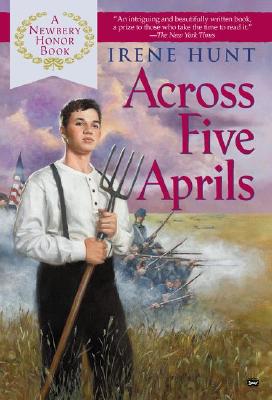 |
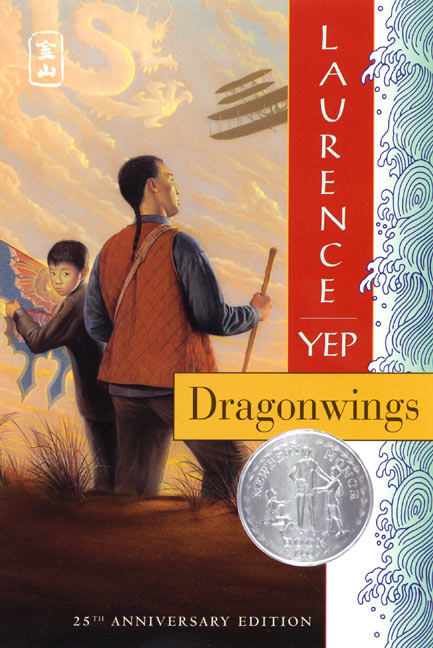 |
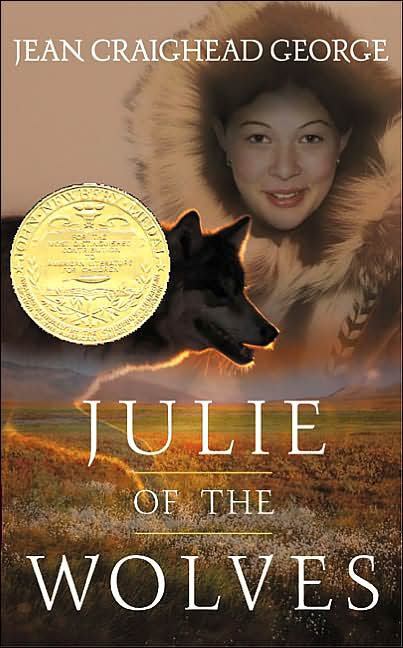 |
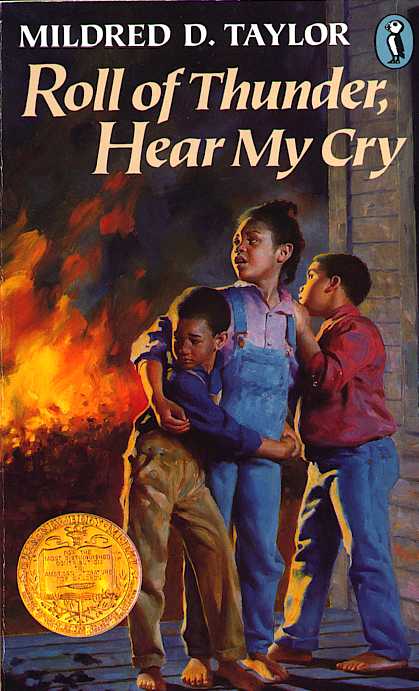 |
![]()
Activity -- finding SS elements from the CBMSS in children's
literature.
Marvelous resources from
Annette Lamb on theming with children's literature.
Task: Novel
Synopsis and related literature search
assigned. Due June 24
![]()
Week 2, June
17-21: Social Studies, alive for
children and teachers in classrooms and in life
Writing broad goals both cognitive and affective
for teaching real world connections. Developing broad
goals for teaching from the SS themes found in your historical
novel. Aligning standards. The lesson purpose/
objective. Differentiating broad goals, standards,
lesson objectives. What are
Common Core Standards? Developing
excellent
lesson planning strategies. A classic
model of inquiry based learning: 7 E's
Enriching, extending, integrating SS themes. Appreciating the new Bloom's
taxonomy and Gardner's multiple intelligences.
Critiquing Jim
Dieckman's classroom for a constructivist model.
Tasks: Field trips assigned, due
July 1 Thursday and Friday classes, June 20 and
21 will not meet on campus.
![]()
Field trips -- living history
experience, the Lincoln Log Cabin State
Historical Site
The Lincoln Douglas Debate Museum.
EIU Tarble Art Center Summer
Exhibits
Five Mile House
![]()
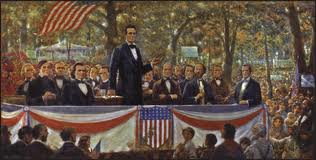 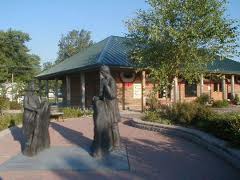 |
![]()
![]()
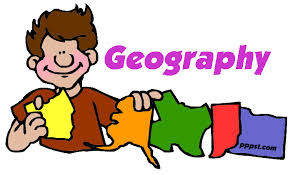
Week 4, July 1 - 5 Geography Week
Review Quiz. Geography computer lab day.
The five fundamental themes of geography. Maps and
beyond. Google Earth. Geography activity
development: How Big is Africa?, Tremont Travelers,
Bob Bowerman's Geography
World How to Make
an Apple Pie and See the World Owl and
Mouse Interactive Maps
Flat
Stanley, Recording, managing, and displaying data: Global Fact Sheets. Drawing conclusions from
graphs and other data organizers. Using mathematics as a
descriptive language in SS. Relating economics to
geography? Apple of my Eye activity. Writing geography
plans/data gathering and analysis.
Ideas and Links for
Economics Education, elementary and middle level
Tasks: Geography lesson plan due July 8
![]()
Fighting Fair video for non-violent conflict resolution within
American historical context. Research (Bandura, Vygotsky.
James A. Banks, four levels for multiethnic education. Cultural
universals. Exploding stereotypes. Global/environmental education
Multicultural/Diversity
education (resources include on-line text of international
children's books) Global education
and peace
education. Teaching: peace, community,
justice, caring, diversity, democracy. Deepening
appreciation for the work of Martin Luther King, Jr.
Strategies, activities, and resources
for
population education. Writing a cultural awareness
lesson plan.
| Special topics:
Solstice holidays, The Giving Feasts unit. The Columbus Event. effecting pivotal and irreversible changes in the culture, history, and geography of the Americas. Issues of the Columbus Event. Teaching about the American Indians. More. Authentic sources and values. How to avoid stereotypes when teaching another culture. Children's literature for the Native Americans. Myth and cultural diversity. Myth as sacred literature (vs. myth as colloquial falsehood ), Meeting Joseph Campbell. Walking with Grandfather videos. |
![]()
Week 6,
July 15 - 19
Review of social studies textbooks. Textbook rating
scales. Evaluating a commercial series at grade level.
Textbooks and standardized
testing.
Tasks: Presentations.
Writing the final exam,
![]()
Assignments and Points Table and Grading Scale
| Participation and dispositions Report unavoidable absences to Mrs. Barford before class time to avoid 5 pt deduction per absence. |
20 |
| Synopsis |
40 |
| Field Trip responses 2 x 10 |
20 |
| History Plan |
40 |
| Geography Plan |
40 |
| Cultural Awareness Plan |
40 |
| Midterm Quiz |
20 |
| Final Exam |
30 |
| Course Total |
250 **** |
Grading Scale: A= 100-93%, B = 92 – 84%, C = 83 – 75%, D = 74 – 66%, F = 65%
and below
The historical/cultural novel project consists of three specific lesson plans developed from the selected award-winning intermediate level children's literature. Please see more Newbery Award winning books or Newbery honor books for important development of SS concepts for intermediate and middle grades. The professional readings for ELE3340 are linked here and in the course syllabus. Readings listed at the conclusion of chapters in the Chapin text as well as those on the end-of-text reference list are recommended. See the journals of the National Council for the Social Studies: Social Education, Social Studies and the Young Learner, Theory and Research in the Social Studies, Social Studies Research and Practice.
A short list of important authors and educators in the social
studies are: J. Dewey, H. M. Hartoonian, W. C. Parker, Tarry
Lindquist, A. Kohn, S. Engle, K. Egan, F. Newmann, J. Banks, H.
Taba, A. Ochoa, J. Brophy, J. Alleman, J. Bruner, D. Elkind,
W. Kniep, N. Noddings, T. Sizer, K. P. Scott, W. Longstreet, J.
Becker, C. and L. Anderson, C. Bennett

Return to ELE3340 course
syllabus.